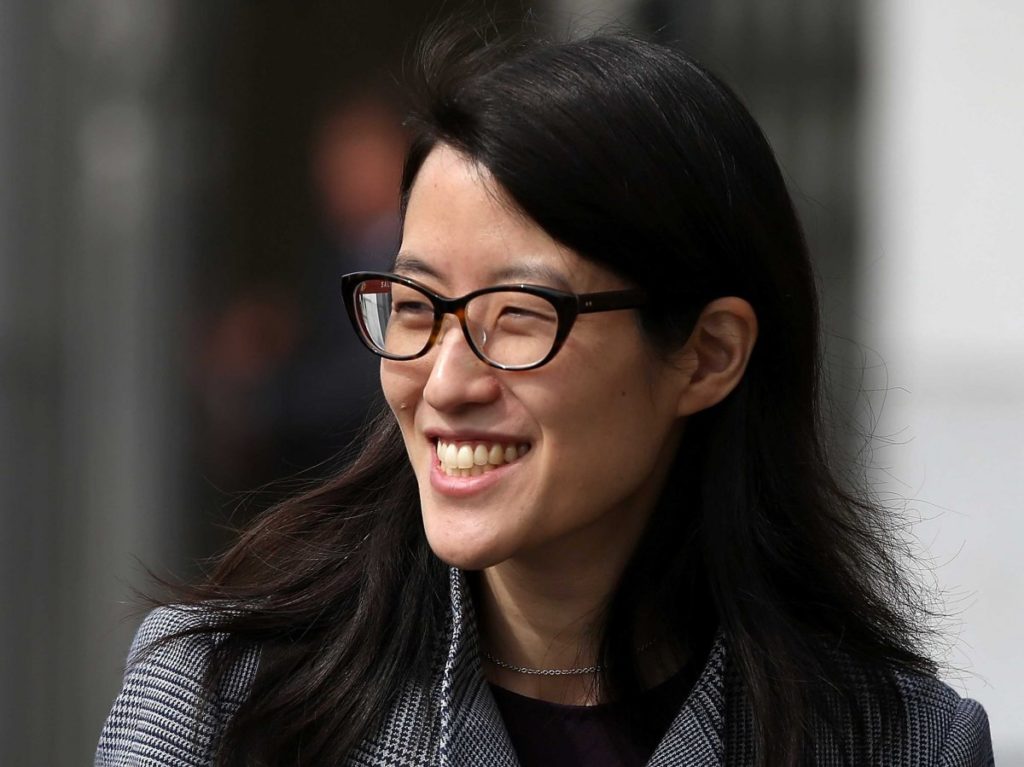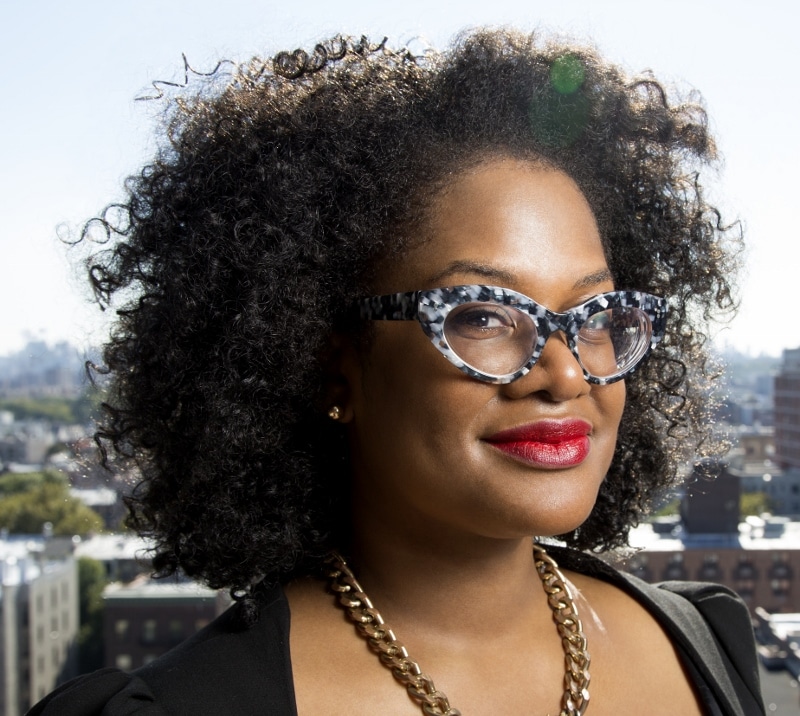The lack of diversity in the tech industry has come front and center as Silicon Valley and new start-ups gain more notoriety. This elephant in the room becomes more noticeable as small companies grow and their pool of applicants remain the same.
The social media site, Pinterest, wants to change this by addressing their lack of diversity. The company’s leadership team invited the start-up, Paradigm, to launch the Inclusion Labs Initiative. The company will host an array of workshops and programs that will accumulate diverse workers and their humongous staff for a better working environment.
Paradigm CEO Joelle Emerson and Pinterest founder and CEO Ben Silbermann have come together to tackle this problem head on. Emerson’s company will conduct research and gather the appropriate data to see what needs to be addressed.
According to Martin Blanc of Bidnessetc.com, “The abolishment of the compulsory ‘white boarding’ interview process shows how Pinterest has received constructive criticism from the start-up firm which highlighted the issues that most women may face during interview processes in which they ‘underperform specifically’.”
For the past several months, the two companies have been working together. One of the new approaches Pinterest has tried was a Blacks in Tech event in the last week of July. Back in June, the company also hosted a Future Female Founders event in an attempt to grow the company’s network.
“Paradigm is training Pinterest managers on how to write unbiased performance reviews, and we are training promotion committee members to identify potential areas of bias in promotion decisions,” says Emerson.
The Inclusion Labs Initiative will launch this fall.







